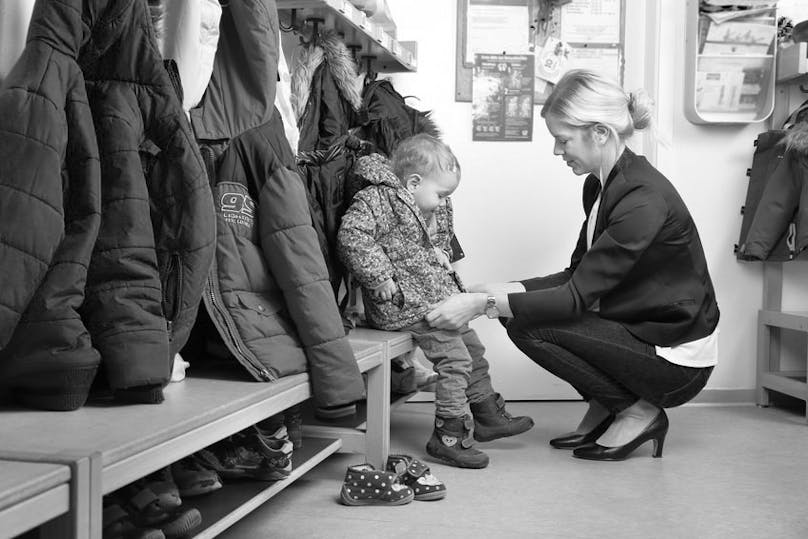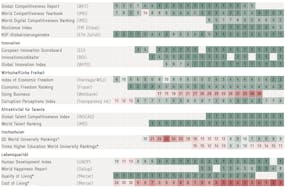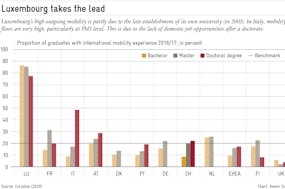Debate in Switzerland on adapting the accompanying measures to the bilateral treaties with the EU has become increasingly entrenched, with stakeholders showing no willingness to compromise. But everyday reality tells a different story. Digitization has brought the opportunity for greater flexibility in hitherto rigid rules, such as the one requiring Swiss employers to give eight days’ notice if using EU based contractors. Although reform would better meet the needs of companies and staff. Switzerland’s trade unions have locked themselves in the past with their steadfast refusal to engage. In digitized service industries, annual fluctuations in workload are normal. To better balance the need for leisure, family time and career, ever more employees are calling for greater flexibility in working hours.
Parents as lawbreakers?
There are endless examples of the inadequacy of the current rules. Fathers become lawbreakers when they collect their children from daycare at 4 pm, check their emails at 9 pm after the kids have gone to bed and return to work at 8 am the following morning. Similarly, today’s laws forbid working mothers from spending an extra day with their children and working longer hours the rest of the week to compensate.
That’s no surprise: Switzerland’s Labor Code dates back to 1964, and its preliminary draft even further to 1950. The regulations have been overtaken several times by reality. Clear schedules and office hours typified factory life. But today’s requirements are focused more on autonomy, flexible hours and room for innovation. To meet employees’ needs, labor law reform is absolutely essential. Instead of rigid weekly maximum hours, an annual maximum total should be introduced. Labor on Sundays should not be subject to a special permit: why shouldn’t a worker swap a sunny weekday for a rainy Sunday, if his or her employer agrees? Switzerland’s unions are vehemently opposed to any legislation realistically reflecting the new world of work.

The labor law of 1964 is no longer compatible with the today’s realities. Parents of small children, for example, are dependent on flexible working time models. (Fotolia)
Trade unions on the sidelines
With such a hidebound attitude, it’s hardly surprising unions are losing authority. Although still depicted in parts of the media as influential, the fact is membership has been falling continually as a proportion of the workforce. That makes union leaders’ insistence on preserving the status quo all the more hypocritical.





